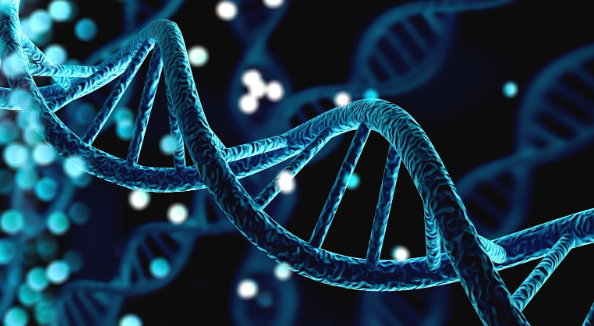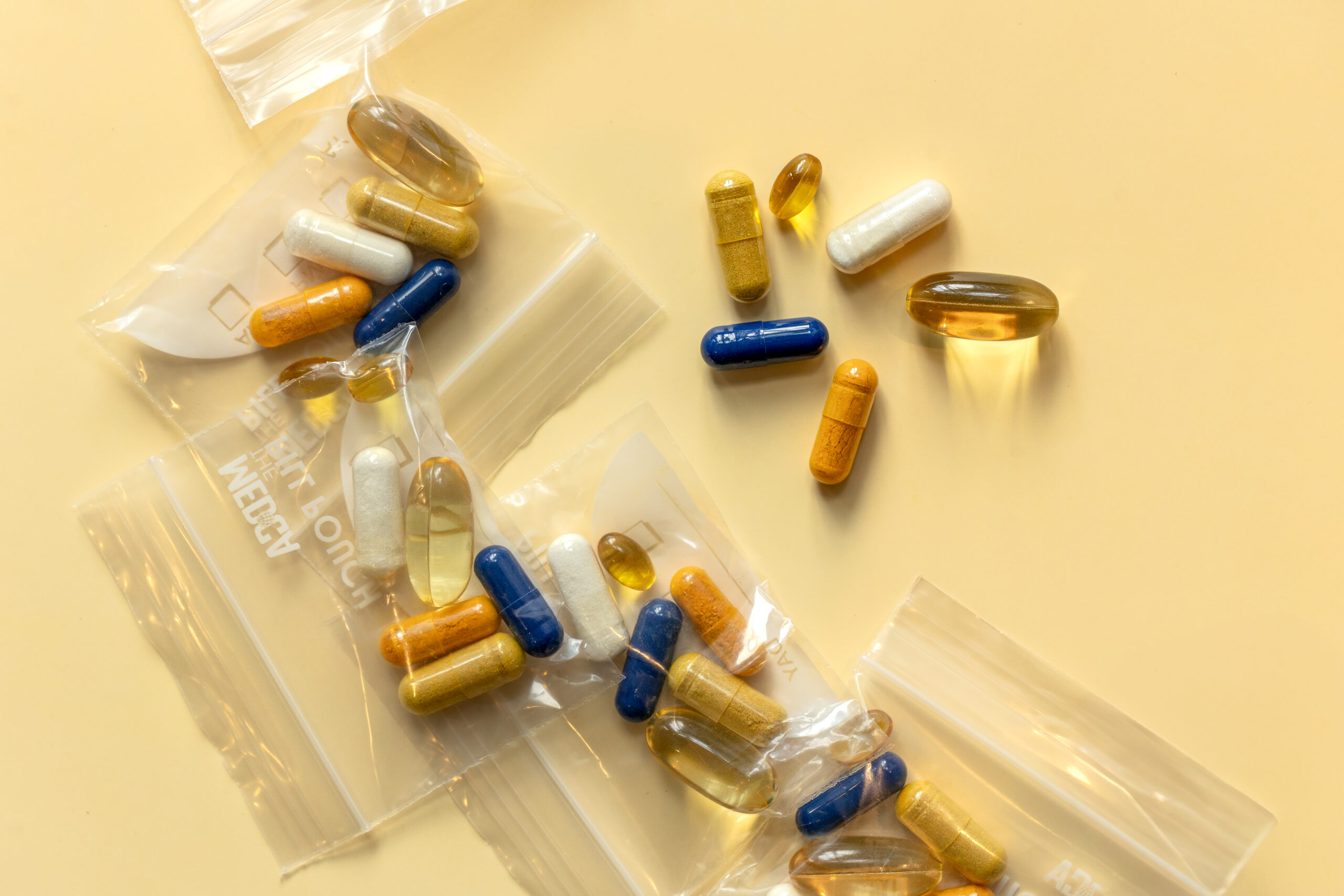There’s been a lot of buzz surrounding Anti-Aging lately! But do we truly desire to live beyond 120 years? Probably not, especially if we have to endure the burden of chronic diseases like diabetes, heart disease, cancer, or dementia that plague our society today.
In June 2018, the World Health Organization introduced Aging as a Disease in the 11th edition of the International Classification of Diseases. This reclassification has opened up new avenues for research and innovative treatments to delay or even reverse the aging process.
Can we effectively slow down the degenerative process to halt or delay diseases associated with advanced age, such as heart disease, stroke, Alzheimer’s disease, and macular degeneration (which leads to blindness)? According to David Sinclair, a renowned anti-aging researcher at Harvard University, it’s indeed possible! Sinclair has delved into the science of aging and has provided valuable insights on extending our lifespans.
In his groundbreaking book, “Lifespan: Why we Age and Why We Don’t Have To,” Sinclair proposes that the loss of analog information is the root cause of aging. His recent research focuses on various factors influencing longevity and the loss of analog information.
Several genes and enzymes play a significant role in the aging process:
- NAD+ (Nicotinamide Adenosine Dinucleotide) is a co-enzyme essential for cellular energy production. The mitochondria, known as the powerhouse of the cell, converts food substrates like glucose into ATP, or energy. However, this process relies on NAD+. Mitochondrial dysfunction is a key aspect of aging.
- Sirtuins, a family of proteins, regulate cellular health by repairing damaged DNA and reducing inflammation. Adequate levels of NAD+ are crucial for the proper functioning of sirtuins.
- TOR (Target of Rapamycin), a complex of proteins, regulates growth and metabolism.
- AMPK, an enzyme, detects low energy levels and activates cellular metabolism to improve energy production.
In an article by Christopher Shade, titled “The Science Behind NMN,” aging is described as a “cascade of robustness breakdown triggered by a decrease in systemic NAD and biosynthesis, leading to functional defects in vulnerable organs and tissues.”
Every cell relies on NAD+ for optimal functioning. Unfortunately, by middle age, our NAD+ levels are approximately half of what they were in our youth. What are the consequences of declining NAD+ levels as we age? Slower metabolism, decreased energy production resulting in increased fatigue, and impaired cognitive function leading to brain fog, memory issues, and reduced mental focus.
You may be wondering if oral NAD+ supplementation is a solution. The answer is no. NAD+ is poorly absorbed by the gut and not directly utilized by cells, making oral supplementation impractical.
However, enhancing NAD+ synthesis through NAD+ intermediates could significantly slow down the aging process. Numerous studies demonstrate the efficacy of precursors like NR (Nicotinamide Riboside) and NMN (Nicotinamide Mononucleotide) in boosting NAD+ levels and mitigating age-related diseases in animal models.
NMN, when taken orally, is quickly absorbed and converted into NAD+. Although small amounts of NMN are naturally found in fruits and vegetables such as cucumbers, cabbage, broccoli, and avocado, most NMN is synthesized from Vitamin B3, or Niacin. NMN levels also decline with age, and supplementation has shown several benefits, including the suppression of “inflammaging” associated with aging.
In a review published in Cell Metabolism titled “NAD+ Intermediates: The Biology and Therapeutic Potential of NMN and NR,” Jun Yoshino et al. present growing evidence of the
positive metabolic effects of NMN administration. Studies indicate that pancreatic B cells are sensitive to the decline in systemic NAD+, and a single bolus of NMN at 550mg/kg enhances insulin secretion and improves glucose sensitivity in diabetic mice.
Recent research suggests that NMN improves various neuronal functions in the brain, enhancing cognition and memory in mouse and rat models with Alzheimer’s Disease. NMN has also been found to restore severe retinal degeneration and reduce the infarct area after ischemia/reperfusion heart injury (heart attack) in mice.
While NMN seems like a Fountain of Youth for rodents, does it hold the same promise for humans? Shin-Ichiro Imai is currently studying NMN supplementation in humans and believes it may improve metabolic processes, making adult metabolism resemble that of someone 10-20 years younger.
David Sinclair shares this belief and is conducting human trials with NMN while also taking it himself. He claims that, at 52 years old, his energy levels and blood markers are closer to those of a 30-year-old. Now that’s slowing down the aging process!
To learn more about oral NMN supplementation and IV NAD+ supplementation, reach out to the experts at R3 Health. We’re here to address all your questions about health, wellness, and anti-aging!





